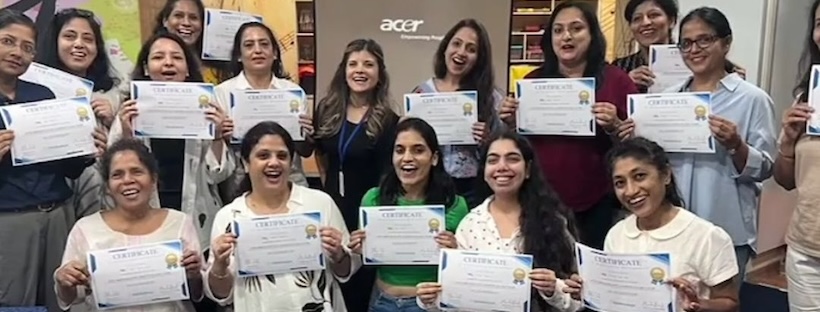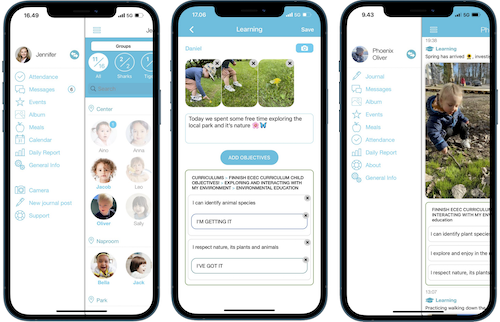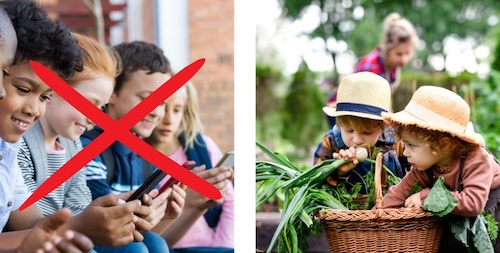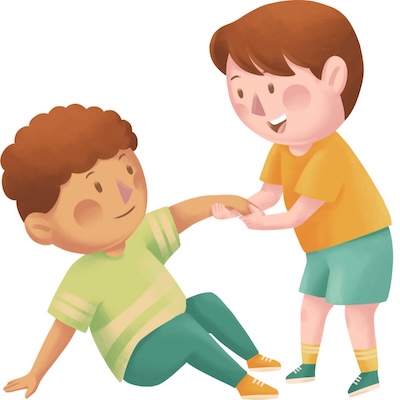Many preschools finish learning by 12:30 PM. But what happens after that?
Many continue with an afternoon “daycare” program — but only 10% of children stay back. Why? Because parents see it as care, not learning.
But what if your preschool offered a high-quality afternoon program that parents saw as valuable and essential for their child’s development?
At Kindiedays, we help forward-looking preschools reimagine afternoons with our Afternoon Explorers Program — a joyful blend of play, creativity, and guided learning. This is more than care. It’s a smart way to grow your preschool business while enriching every child’s day. Download full brochure HERE!
.png)
🎯 Why You Should Upgrade Your Afternoon Program
Parents today are seeking more than just basic care, especially when both parents are working or when they want their child to develop confidence, creativity, and strong social skills.
Your Benefits as a Preschool Owner:
- Boost income with higher retention and add-on programs
- Differentiate from nearby competitors
- Offer greater value to families
- Empower your teachers with engaging afternoon tools
- Track and share progress easily with Kindiedays digital tools
🧑🏫 Teacher Training and Guidance
We know your teachers are already busy. That’s why we make it easy.
- How to lead learning through play
- Afternoon flow and classroom management
- Using the Kindiedays tools effectively
Your staff will feel empowered, not overloaded.

List Price: 1000 Euro/Center
🌈 Afternoon Explorer Annual Subscription
A structured but playful afternoon curriculum with weekly themes that promote creativity, exploration, and social-emotional growth — all supported by Kindiedays tools.Topics that spark curiosity, such as "All About Me," "Seasons and Weather," "Animals," "Community Helpers," "Transportation," and more.
Manager, Teacher, and Parent Digi Tools and Apps to:
When parents see the impact, they’re more likely to enroll and stay.

List Price: Annual subscription 18 Euro/Child/Year
📢 Help with Marketing and Communication
We help you present the new program to parents in a compelling way, shifting their mindset from “daycare” to “enrichment.”
We provide:
- Certificate of Partnership
- Promotional video from Kindiedays CEO for your school
- Complete marketing kit with posters, brochures, roll-up, and social media visuals
- Online parent orientation sessions to explain your program

List Price: From 490 Euro/Center
💬 What You Can Say to Parents
Here’s how to introduce the program in your own words:
“In the afternoons, your child becomes a Young Explorer — engaging in joyful, play-based activities that support creativity, communication, and confidence. It’s a natural extension of their morning experience in a more relaxed and nurturing atmosphere.”
SPECIAL SUMMER OFFER
🚀 Free 2-Week Pilot Program – Limited Spots Available
Let’s co-create your first “Afternoon Explorers” group and make it a success.
What’s included in the pilot:
- 2 weeks of activity plans based on Afternoon Explorers themes
- Teacher training & onboarding session (live or recorded)
- Kindiedays app access to track and showcase learning
- Parent communication kit to promote the program
- 1:1 support to help you plan, launch, and gather feedback
See immediate results.
Apply for the Pilot Now
In just 30 minutes, we’ll show you how your preschool can start using the Kindiedays Afternoon Explorers Program – easily and affordably.
👉 Click here to schedule a demo on Zoom, or contact me on WhatsApp!

I look forward to meeting you.
Milla van der Burgh
📧 milla@kindiedays.com
🌐 www.kindiedays.com

.png)
%20(2).png)


.png)



